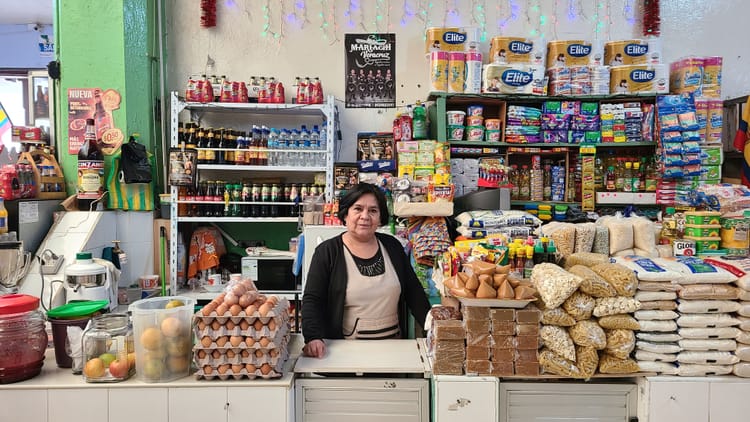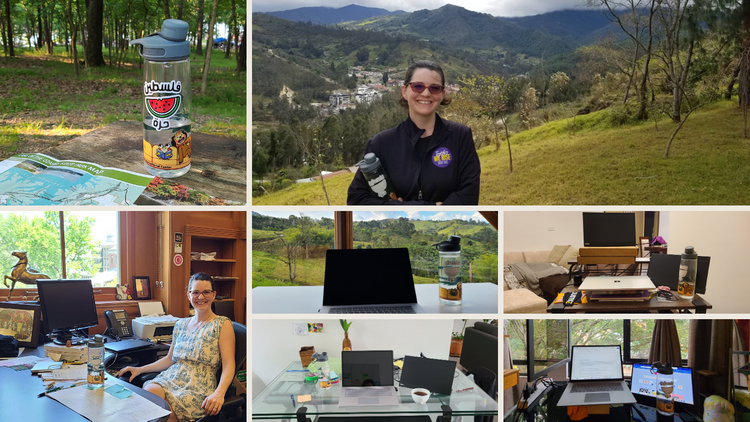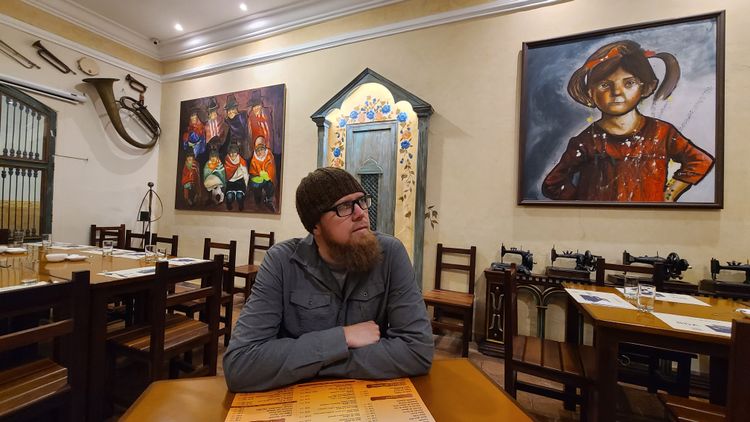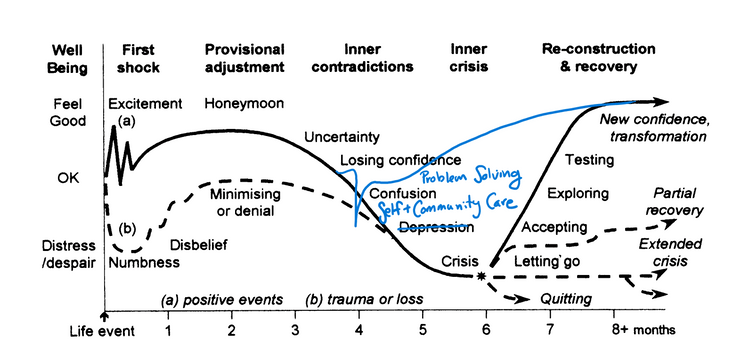Finally, a Work Exchange: Exploring an Ethical, Low-Cost Travel Option

The first time I heard about a work exchange, a fellow traveler shared their story of spending 20 hours a week baking bread on a farm in Spain in exchange for lodging and all the bread they could eat.
In the 19 years since that encounter, I kept the idea of work exchanges in mind. During this time, I:
- Explored various opportunities, including the possibility of picking olives in Italy, assisting with a permaculture project in Nicaragua, and teaching yoga in Colombia. None of which panned out.
- Recommended work exchange platforms like WWOOF, Helpx, and Workaway to students seeking budget-friendly travel options.
- Delved into the ethics of different types of tourism, identifying that power dynamics in work exchanges tend to be more balanced compared to most international volunteering opportunities.
Hosts and workawayers can leave each other reviews, which provides potential consequences for behavior and valuable details to make informed decisions about who you want to work with.
Finally, I have succeeded in participating in a work exchange! To my delight, the Workaway exchange lived up to my expectations. For three weeks, I conversed in English with students at an English school in Cuenca, Ecuador. Plus, I led a weekend activity for students – a yoga class in the park.
The exchange required working 20-25 hours per week. I found that it was tiring to talk almost non-stop for 4 hours with students, such that in my free time I didn’t have sufficient energy for another full 4 hours of my own work each day. Nonetheless, the experience offered me:
- Immersion in the local culture through discussions with students about food, safety, norms, and travel destinations
- The joy of engaging in meaningful conversations with advanced students and putting new students at ease within the daunting task of speaking a foreign language.
- Significant savings of ~$400-800 per month (cost of local short-term, furnished apartment rentals).
- Reliable internet access and host flexibility, which allowed my partner Brian to join me.
- Connections with both the host and fellow “workawayers”

For a host, Workawayers require time and energy to orient every new arrival and oversee their work to ensure everything runs smoothly. They provided a comfortable furnished room, shared bathroom, and shared kitchen - including fruit and some breakfast food. As far as I can tell, this experience offered the host:
- A competitive business advantage of native English speakers for students to practice with. Some students mentioned selecting this school specifically for this reason.
- Increased students’ confidence in conversational English, preparing them for travel, work, or further studies. For some, I was the first native English speaker they had ever spoken to!
- Cultural exchange and enjoying the talents that guests bring, such as Brian making pizza for the staff.
Fortunately, interpersonal conflicts were minimal and manageable. As expected, a work exchange doesn’t feel like “vacation,” but it is a great option to save money and build community while traveling, IF you have the flexibility in your schedule to do so. While it may not be something I do all the time, I'm currently exploring options for a future work exchange!






Member discussion